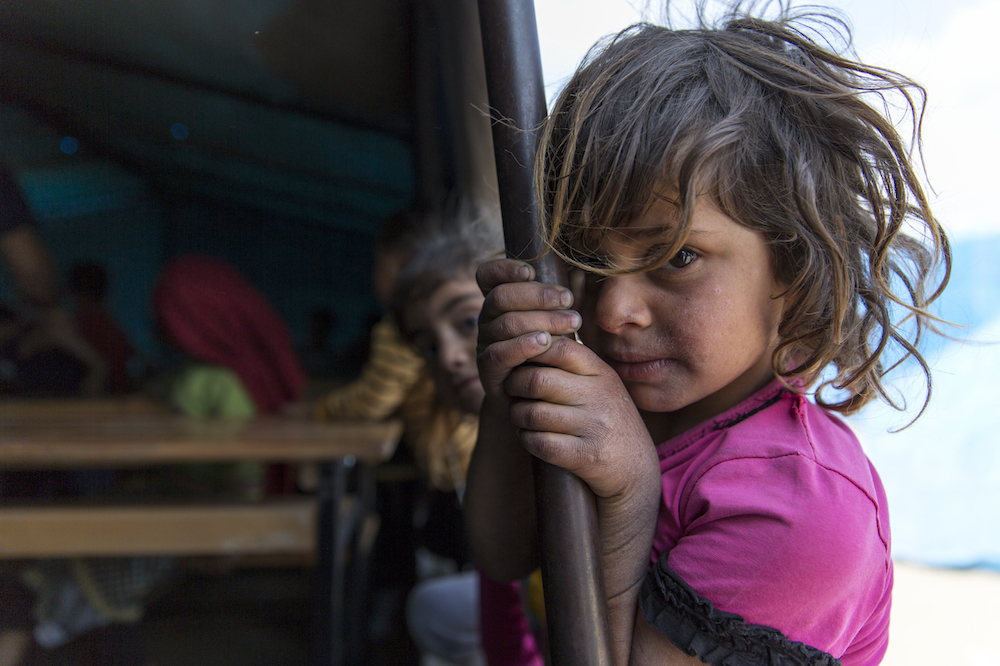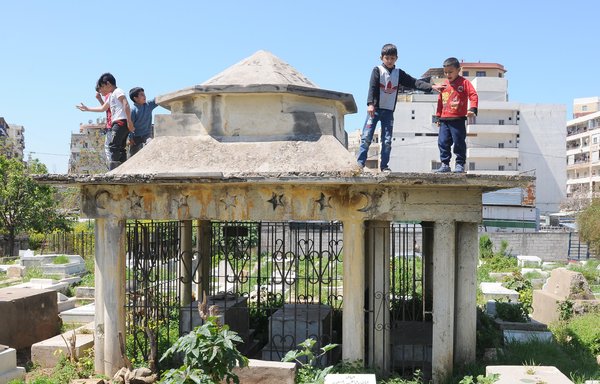


“Our emphasis is not so much in conflict areas as it is in education, specifically on the type of education that can lead to productive employment”. “Too often we hear stories of NGO workers trying to get money across borders in suitcases of cash,” she adds. Western Union’s NGO global pay programme enables money to be transferred to Oxfam and Save the Children field staff in Syria and surrounding areas in a “safe, reliable, transparent, auditable way,” according to Talya Bosch, vice president of Western Union’s social ventures. We know that education is a very critical need.” According to Patrick Gaston, president of the Western Union Foundation: “30% of people who have used Western Union say they have done so to transfer money to support education. In a conflict zone, however, even getting the money can be problematic. The long-term impact of Syrian children never returning to school has been estimated at 5.4% of Syria’s GDP, or £1.5bn, according to Save the Children, which is calling on donors to fund the $224m the UN says is required for education for Syria. He adds: “There is evidence that private solutions can be quicker and the cost per pupil lower than with government solutions.” The model of host countries depending on UN financing can only go so far.” Some families might be motivated enough to find $1 to send their children to school if there was a private one. Children in Jordan’s Zaa’tari refugee camp have told us about classes with 120 students and one teacher. “In Jordan, there are not enough places for refugee children to enrol in schools. “If I were a global education provider like Pearson, I might be looking at the commercial potential of education programmes that could actually be sold in emergency situations. Rob Williams, chief executive of War Child UK sees a financial as well as altruistic aspect to Pearson’s pilot programme. Absorbing the influx of refugees has been an immense struggle for Syria’s neighbours,” she says. Access to schooling is not the only issue – the quality of education has declined as a result of overcrowded classrooms, curriculum complexities, cultural barriers and other challenges. “It’s a new model for us,” says Amanda Gardiner, vice president of sustainability and social innovation at Pearson, the world’s largest learning company. But for Pearson, which has made no commitment to expand beyond this pilot project in Syria, this is an extension of its existing business providing education goods and services in the region. There may be scepticism about the motives of private companies providing schooling for children in conflict zones.


 0 kommentar(er)
0 kommentar(er)
